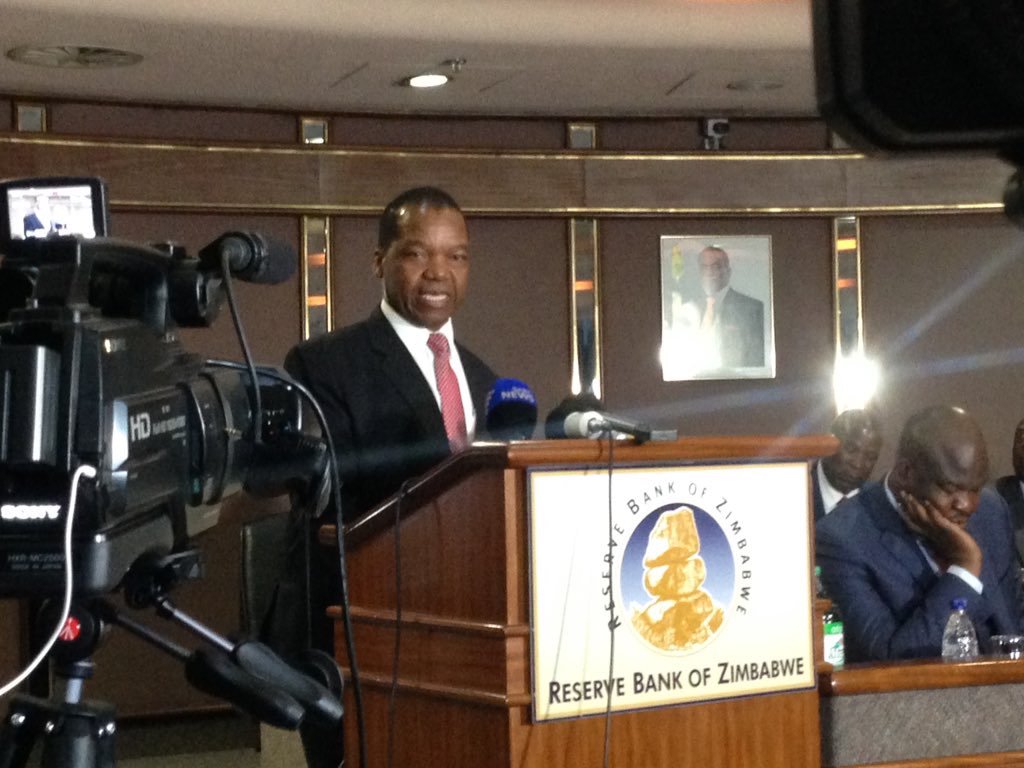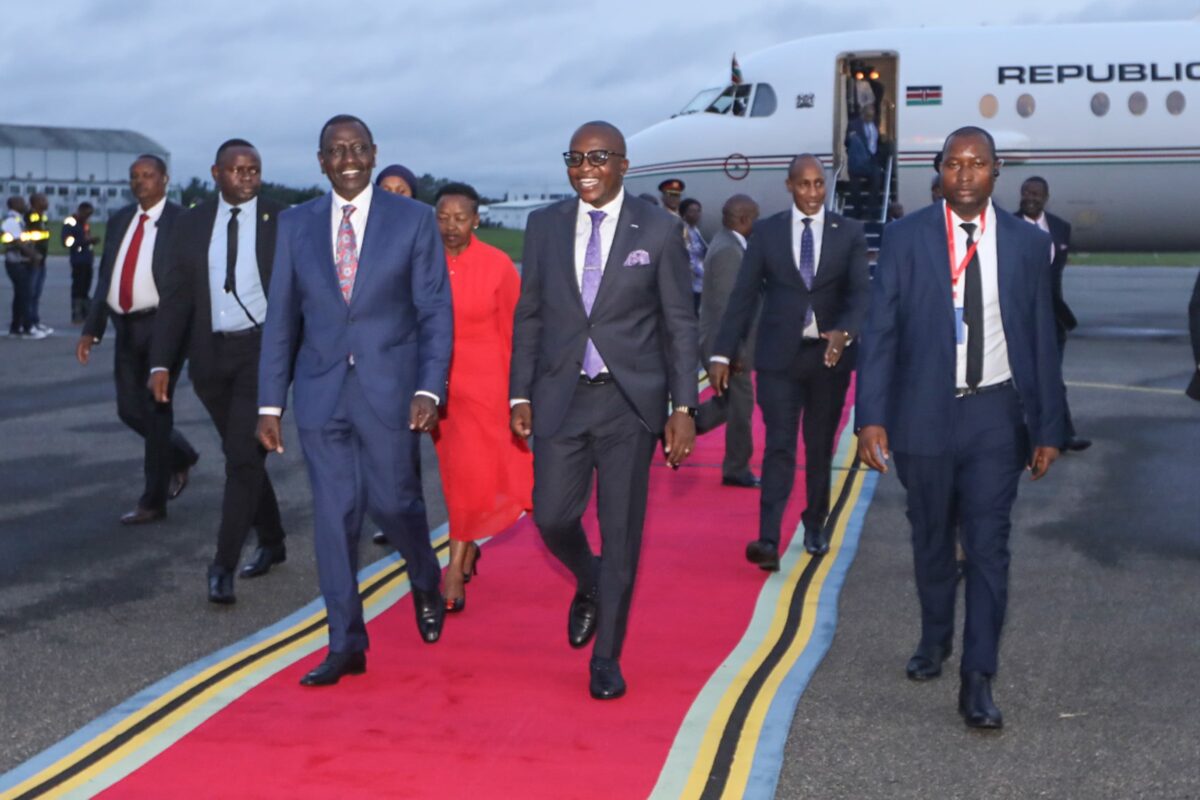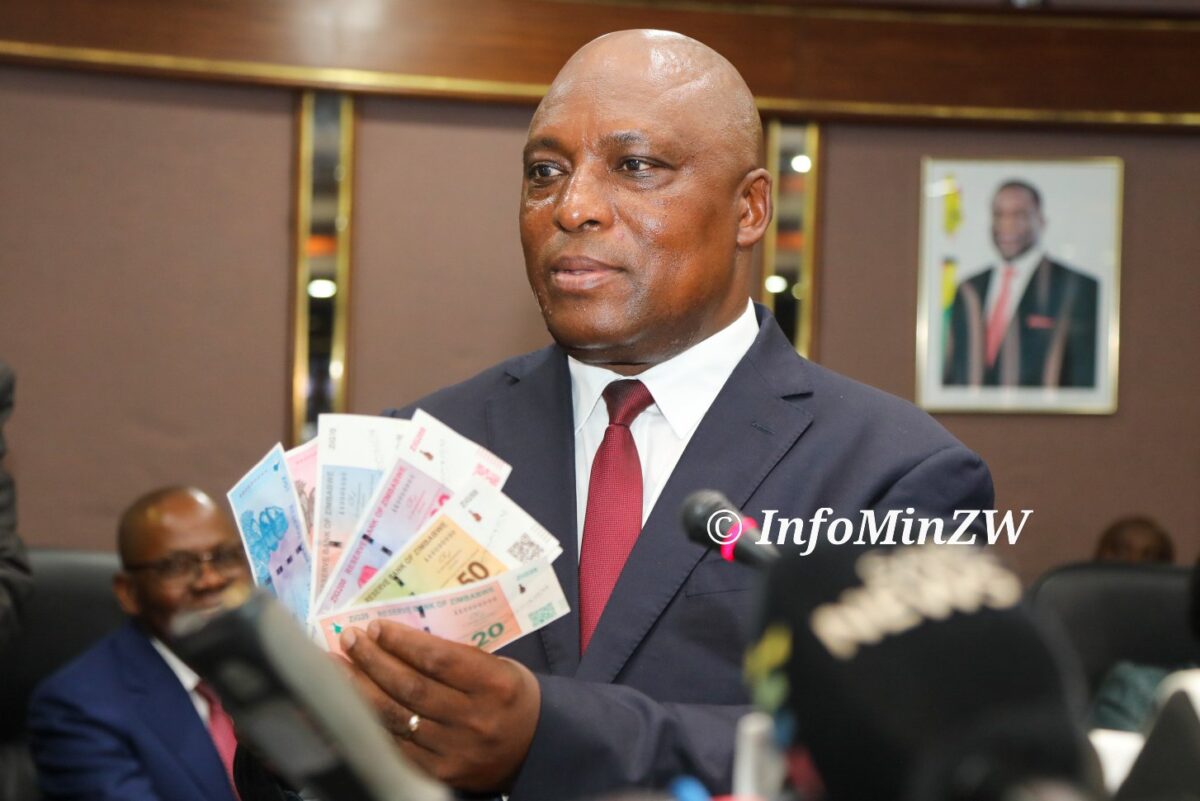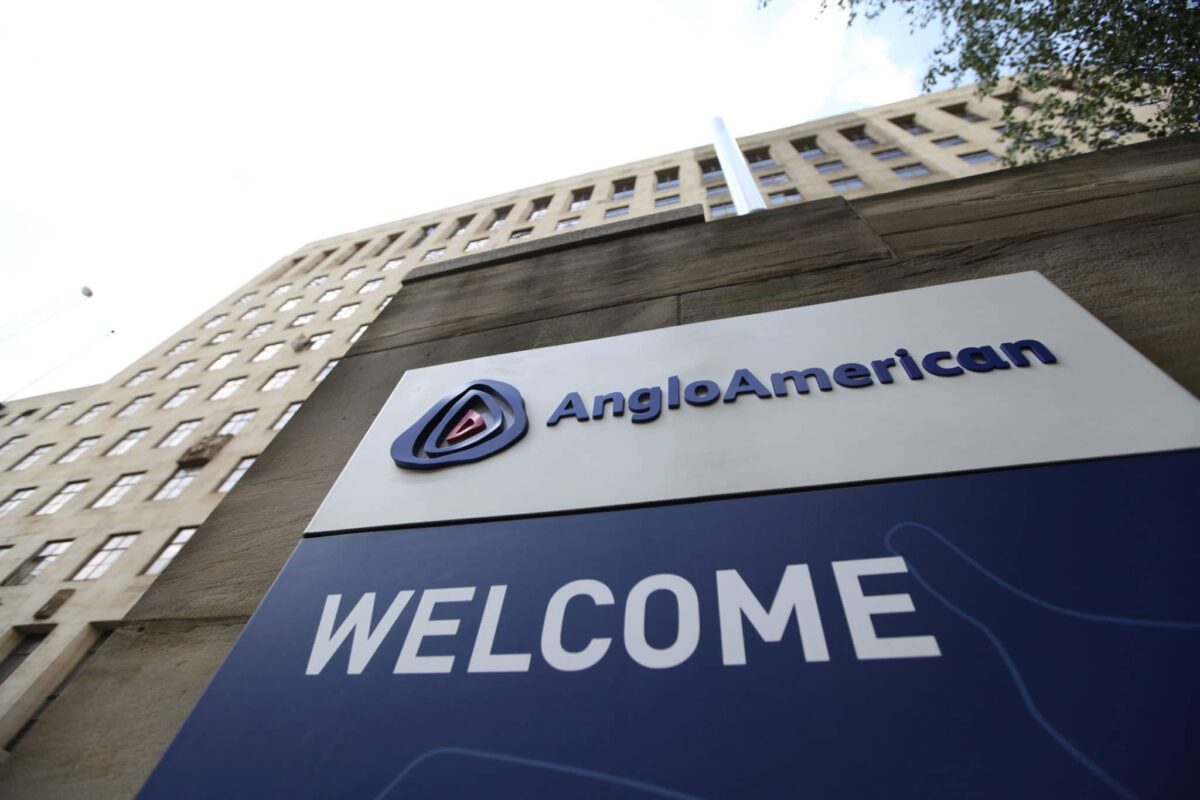HARARE – The Reserve Bank of Zimbabwe (RBZ) on Monday de-dollarised the economy by reintroducing local currency bank accounts, which will be traded in electronic transfers and bond notes only.
The new measures, outlined during the 2018 monetary policy statement by RBZ governor John Mangudya, also saw more taxes being piled on the transacting public.
All mobile money and bank transfers will now be charged two cents on every dollar for a transaction, replacing a flat 5-cent charge per transaction.
The central bank also issued a directive that will see all foreigners and vehicles in transit paying for goods and services in foreign currency.
“Following developments in the fuel and retail sectors, RBZ directs that, with immediate effect, all foreigners will pay for goods and services in Zimbabwe in foreign currency,” the central bank governor said.
Furthermore, Mangudya who reviewed upward Zimbabwe’s economic growth to 5 percent from the earlier projected 4.5 percent, said all offshore investments were required to repatriate all proceeds to Zimbabwe.
The governor directed banks to, with immediate effect, separate nostro foreign currency accounts and real time gross settlement foreign currency accounts.
The banks have up to October 15 to implement the directive and Mangudya said the move was meant to encourage exports and remittances.
Former MDC Senator David Coltart said: “The nub of the Monetary Policy Statement: the gulf between those who have access to forex and those who don’t will grow, again impoverishing the poor. The poor majority will also fund the profligacy of the obscenely rich few by an additional tax on their transactions.”
Lawyer Fadzai Mahere weighed in: “I know they don’t care but I just want to say to Finance Minister Mthuli Ncube and Mangudya that there’s no such legal thing as an RTGS currency. There’s no such legal thing as a Zim Dollar. Neither the RBZ Act nor the Banking Act provide for their illegal utterances in their statements.”
Mangudya said rebalancing the economy would require “painful measures” but that growth was on the up.
Economist John Roberston called the new growth projection “very extravagant” and said the government had not presented plans to cut a wage bill taking more than 90 percent of the national budget.
Ncube said the budget deficit, estimated at 16 percent of GDP this year, had led to the rise of government domestic debt from $275 million in 2012 to $9.5 billion currently.
The debt is being financed through Treasury Bills and an overdraft facility at the central bank, which has increased the stock of government paper to 35 percent of GDP.
Ncube said he would cut the government’s central bank overdraft, which is three times the lawful limit, and introduce public auctions for Treasury Bills to increase transparency.
Former Finance Minister Tendai Biti said Ncube and Mangudya were out of their depth, as the crisis they were trying to correct was fundamentally political. His MDC party says President Emmerson Mnangagwa is illegitimate, insisting that he rigged his way to power in elections held on July 30.
“Our movement remains the only legitimate credible body to carry forward the aspirations of our people. Those with blood on their hands, those who created yesteryear’s crises, those who invented today’s impasse cannot pursue the transformation agenda,” Biti said on Twitter.















